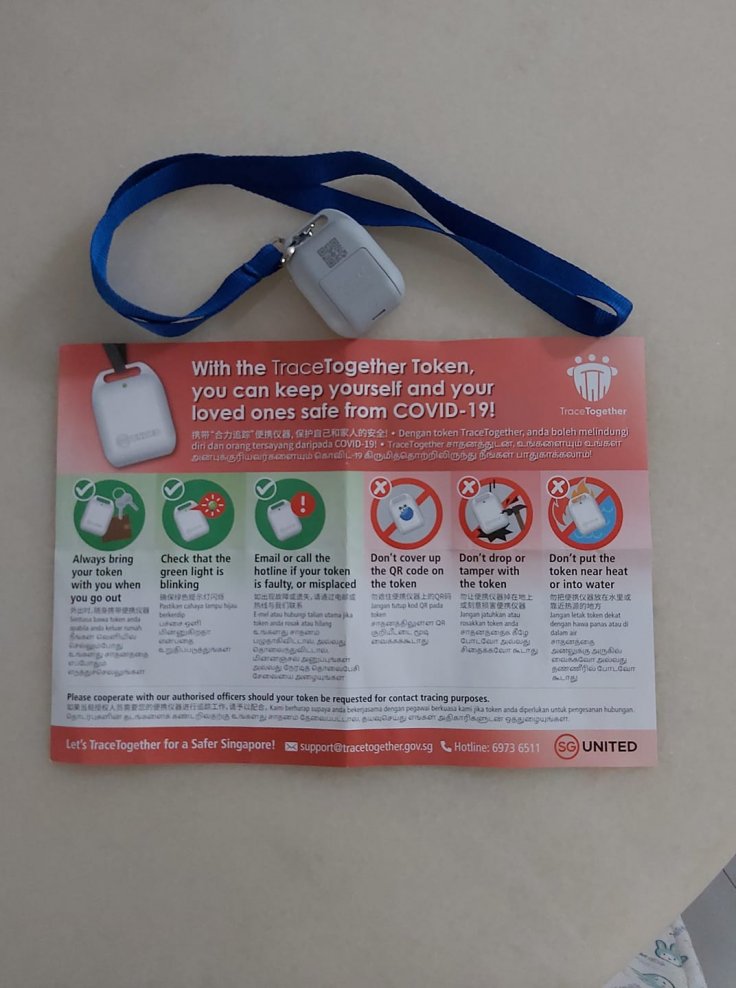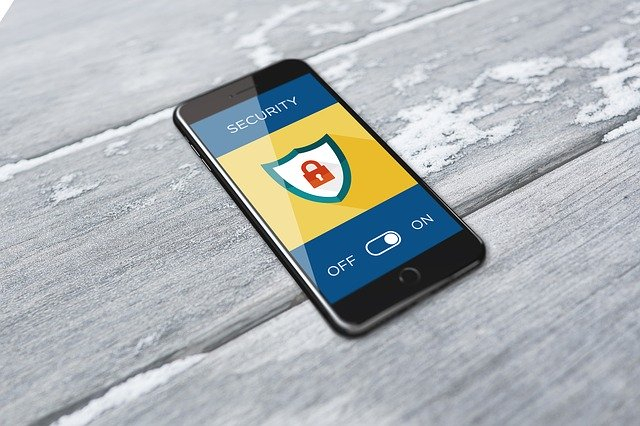Singapore authorities have mandated wearing an electronic monitoring device for all incoming travelers including its citizens during their mandatory 14-day stay-home notice.
The scheme, which will begin on August 11, has been extended to permanent residents, student-pass, work-pass holders and their dependents, Singapore's Immigration & Checkpoints Authority, Ministry of Manpower, and Ministry of Education announced in a joint statement on Monday, August 3.
Visitors, except children aged below 12, will be issued the device at the city-state's entry checkpoints, including airports. Once they reach their residence, visitors must activate the device. If they fail to do so, authorities will ping on the location of the device and resolve any technical snags or enforce necessary actions.
Mandatory quarantine of all incoming travelers was first introduced on March 21 to curb the spread of Coronavirus. People can either stay at home or can stay at designated quarantine facilities. They are tested for COVID-19 during the 14-day period.

The wearable device uses GPS, cellular (4G) and Bluetooth signal to alert authorities if the individual steps out of the permitted location. They are only permitted to go outside the designated location for a COVID-19 test. During the time, authorities will monitor their compliance through video calls, phone calls, text messages, or in-person visits. After serving the stay-home notice, the device must be deactivated and returned to authorities.
However, non-compliance or tampering of the device will be a punishable offense with fines up to S$10,000 and imprisonment up to six months under Infectious Diseases Regulations 2020. For foreign workers and students, authorities can revoke visas and deport the individual.
"With the progressive lifting of travel restrictions, the use of wearable electronic monitoring devices will enable ICA, MOM and MOE to monitor those serving stay-home notice at their place of residence more effectively," the statement read.

Data Security
With such electronic monitoring devices, data privacy has been a major concern. But the government agencies have stated that the device will have access to only the current location and its history for the stay-home period. It will enable efficient contact tracing and help them enforce strict quarantine protocols. The device, as per the authorities, doesn't store any personal data or doesn't have any voice/video recording function. Only authorized government officials have access to the location data which will be stored in an encrypted server for monitoring purposes.
"The authorities will abide strictly by public sector data protection rules in managing and protecting personal data collected by these devices, which includes the recommendations of the Public Sector Data Security Review Committee. Only Government officials authorized by the respective authorities will have access to the data for the purposes of monitoring and investigation," the statement added.
At present, South Korea, Hong Kong and many other European countries including Germany use such devices to monitor home quarantined individuals. In Singapore, besides a contact tracing app (TraceTogether), a wearable device was issued to residents. But many Singaporeans raised concerns about privacy in regards to the wearable device.








